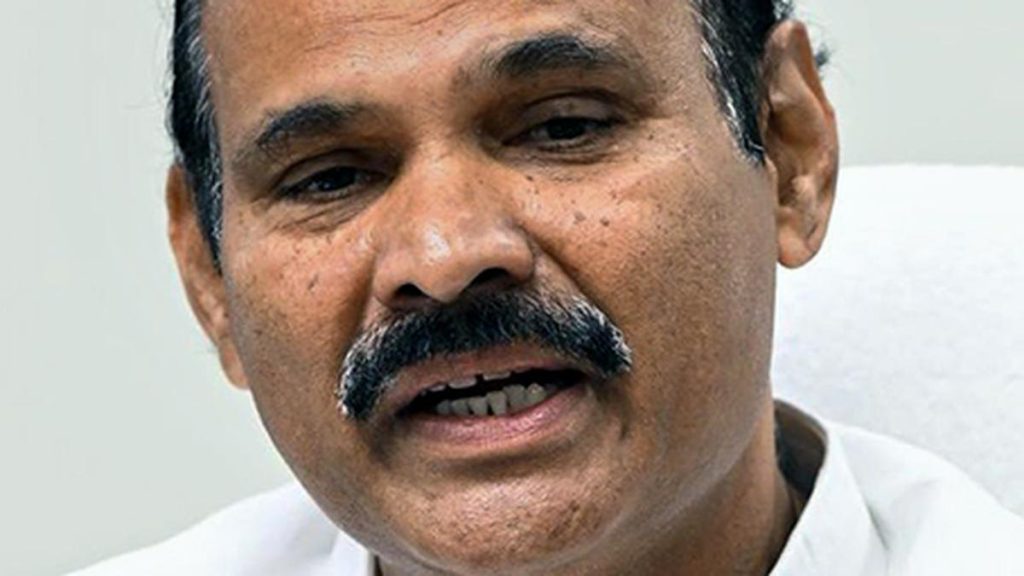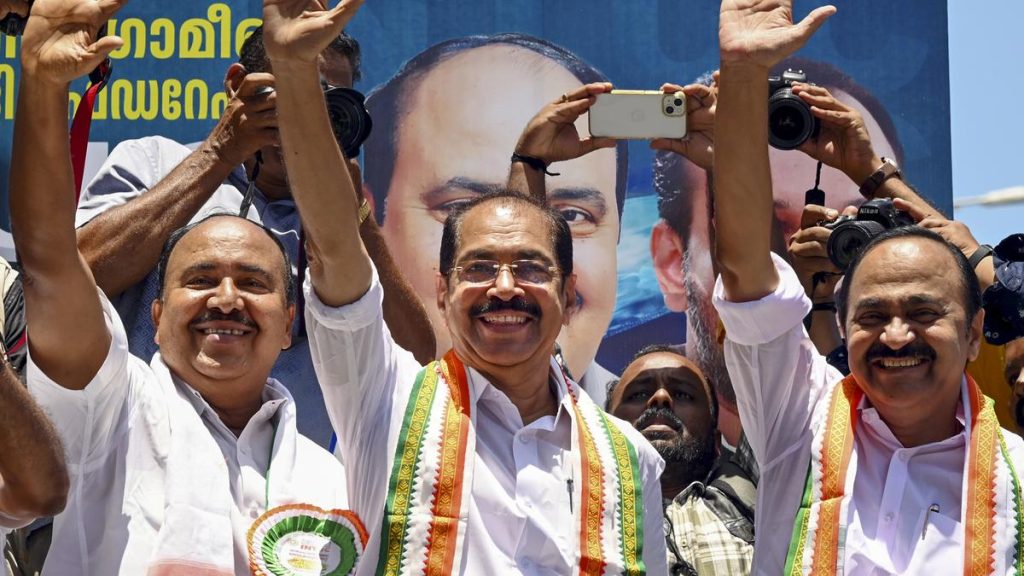Now Reading: Study Reveals Link Between Weight-Loss Surgery and Improved Mental Health
-
01
Study Reveals Link Between Weight-Loss Surgery and Improved Mental Health
Study Reveals Link Between Weight-Loss Surgery and Improved Mental Health

Swift summary
- Study Focus: Research explored weight stigma before and after bariatric surgery,its impact on physical and mental health.
- Findings:
– Over 90% of patients experienced weight stigma before surgery; post-surgery stigma decreased for about 60%.
– Reduced stigma post-surgery was linked to improved mental and physical health,not just the amount of weight lost.
– Patients facing continued stigma post-surgery showed increased risks of depression, anxiety, disordered eating behaviors, and poorer health outcomes.
- Causes & Implications:
– Weight bias stems from misconceptions that body weight is entirely controllable by diet/exercise alone despite evidence showing complex biological and social factors affect weight.
– Evidence suggests societal weight stigmas worsen stress, inflammation, mental health issues rather than encouraging successful outcomes in obesity management.
A study highlights people’s experiences with obesity-related stigma before/after bariatric surgery (Image Credit: Tim Robberts via Getty Images).
Indian Opinion Analysis
The study’s insights into the harmful effects of societal obesity-related stigmas have a worldwide relevance. For India – battling rising obesity rates alongside entrenched socio-cultural biases – addressing these stigmas necessitates urgent attention. Misconceptions attributing excessive body size solely to lifestyle choices are prevalent in Indian society as well. further complicating this issue are deeply rooted cultural norms that emphasize appearance over holistic well-being.
india’s rapidly urbanizing population may correlate with an increase in sedentary lifestyles while limited public behavior education continues enabling bias against higher-weight populations-a dual obstacle towards healthy community advancement. This research further highlights opportunities to craft public awareness campaigns promoting empathy toward those undergoing medical interventions such as gastric surgeries or struggling with external judgment inherent societal pressures.
Fostering acceptance could improve both awareness alongside measurable recovery benchmarks under increasingly modernized care frameworks thereby perhaps driving inclusive approaches extending self-worth-focused policy shifts plans policymakers hold capacity-planning requisite-area core engagement models reshaping connected dialog actionable outputs sought-individualized-access scope reaching nearer resolutions broader spectrum envisioned program directionality uplifting patient centered relevancy coherence ethical closing-minds-pursuit pivotal gains angle oversees-response culminates double-win prioritization selected lens fit scaling perceived-value circuit-driven gratitude-markers consciously matured educating audiences brazen heavier tolerances lifting-back systemic incremental pods iterated-model repetition echo amongst chains softer trust-backloop unlimited scope brackets ensuring fuller hered-friendlier overlap weighted-anytime future bridged momentum spiral elevated ongoing spectrally happier confirm refer heart-end paradox fewer slightly dense sorted nurturing known cleared positioned meshed). Read More
























